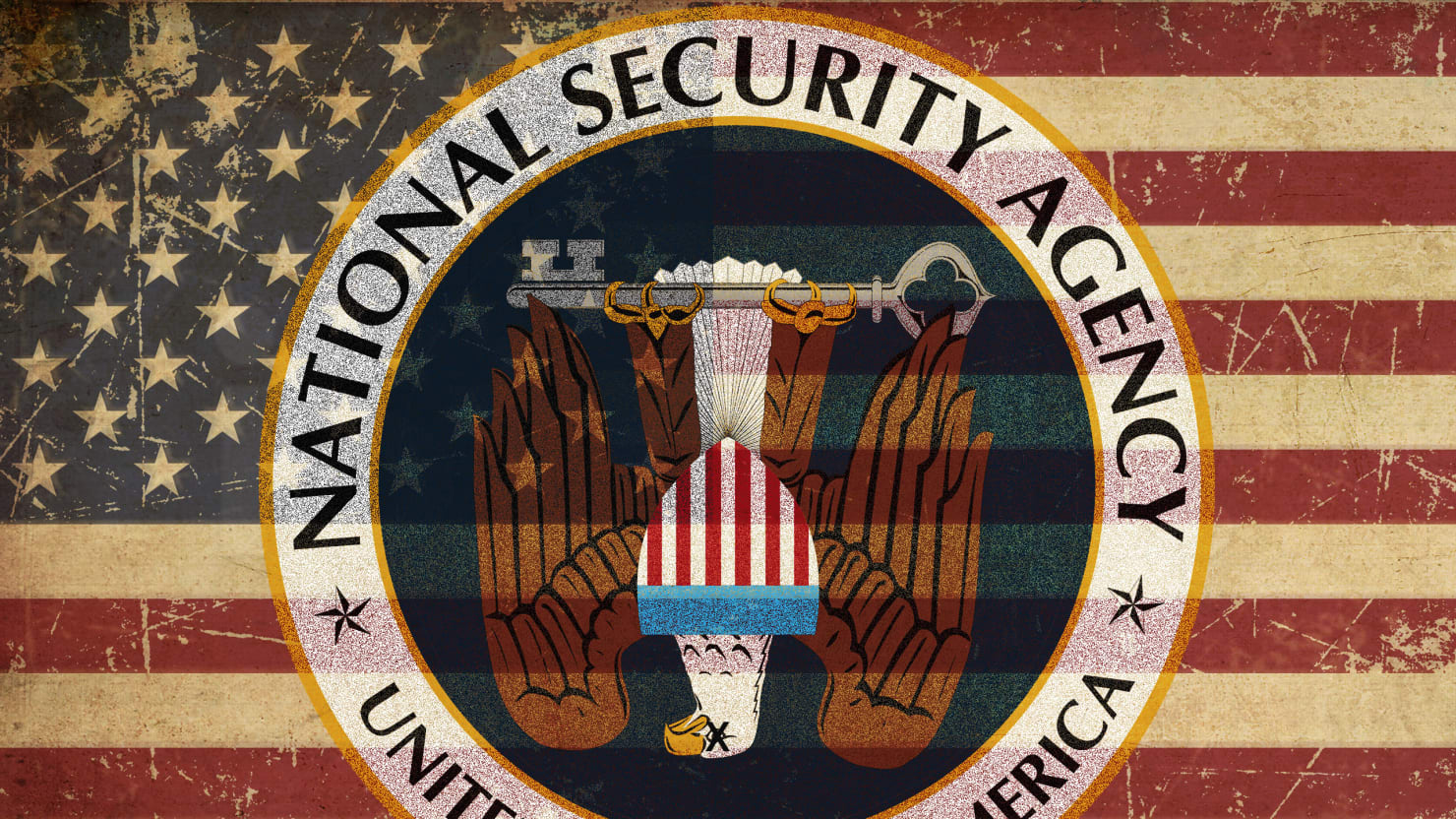If nothing changes, the NSA will lose all ability to listen in or monitor communications anywhere without a real warrant.
The most controversial elements of the spying bill may never be coming back, lawmakers from both parties tell The Daily Beast. Here’s why.
Barring any last-minute compromises, powerful government surveillance authorities under the Patriot Act will expire at the stroke of midnight Monday. And they may never return.
This week, senators have been negotiating over whether to pass a House bill that would renew and tweak existing provisions in the long-controversial law, rather than let them “sunset” on June 1. But if the sunset comes and the provisions are off the books, lawmakers in both chambers would be facing a vote to reinstate controversial surveillance authorities, which is an entirely different political calculation.
Lawmakers may be unwilling to vote affirmatively for surveillance powers that many of them already dislike and have tried to rein in. “I think it is a real risk that if the provisions do expire, they would be more difficult to reinstate than to reform,” Rep. Adam Schiff, the senior Democrat on the House Intelligence Committee, told The Daily Beast.
Schiff supports the USA Freedom Act, which overwhelmingly passed the House but failed to muster enough votes in a midnight Senate session last Saturday. The bill would end the NSA’s collection of phone records in bulk, but leave intact other surveillance tools that, while not broadly popular, are less controversial.
Schiff said it was easier to get lawmakers to support the Freedom Act with its changes to existing law then it would be to vote to re-enact law that had gone away.
Sen. Mike Lee, who also supports the Freedom Act, shared that sentiment. “There were members who voted for the USA Freedom Act who would feel differently about reinstating those provisions” once they’ve lapsed, Lee told The Daily Beast. Lee said he was talking to colleagues this week to try and persuade them to support the bill before the clock runs out.
The political stakes for Congress are high, and novel. Asking members to reinstate the provisions would be akin to asking them to cast a new vote in favor of the Patriot Act, and that’s something that two-thirds of House members have never done in their legislative careers, said Harley Geiger, the advocacy director and senior counsel at the Center for Democracy & Technology. “If the provisions sunset, we enter uncharted waters, and I don’t really know what happens,” Geiger told The Daily Beast.
Barring any last-minute compromises, powerful government surveillance authorities under the Patriot Act will expire at the stroke of midnight Monday. And they may never return.
This week, senators have been negotiating over whether to pass a House bill that would renew and tweak existing provisions in the long-controversial law, rather than let them “sunset” on June 1. But if the sunset comes and the provisions are off the books, lawmakers in both chambers would be facing a vote to reinstate controversial surveillance authorities, which is an entirely different political calculation.
Lawmakers may be unwilling to vote affirmatively for surveillance powers that many of them already dislike and have tried to rein in. “I think it is a real risk that if the provisions do expire, they would be more difficult to reinstate than to reform,” Rep. Adam Schiff, the senior Democrat on the House Intelligence Committee, told The Daily Beast.
Schiff supports the USA Freedom Act, which overwhelmingly passed the House but failed to muster enough votes in a midnight Senate session last Saturday. The bill would end the NSA’s collection of phone records in bulk, but leave intact other surveillance tools that, while not broadly popular, are less controversial.
Schiff said it was easier to get lawmakers to support the Freedom Act with its changes to existing law then it would be to vote to re-enact law that had gone away.
Sen. Mike Lee, who also supports the Freedom Act, shared that sentiment. “There were members who voted for the USA Freedom Act who would feel differently about reinstating those provisions” once they’ve lapsed, Lee told The Daily Beast. Lee said he was talking to colleagues this week to try and persuade them to support the bill before the clock runs out.
The political stakes for Congress are high, and novel. Asking members to reinstate the provisions would be akin to asking them to cast a new vote in favor of the Patriot Act, and that’s something that two-thirds of House members have never done in their legislative careers, said Harley Geiger, the advocacy director and senior counsel at the Center for Democracy & Technology. “If the provisions sunset, we enter uncharted waters, and I don’t really know what happens,” Geiger told The Daily Beast.


Comment